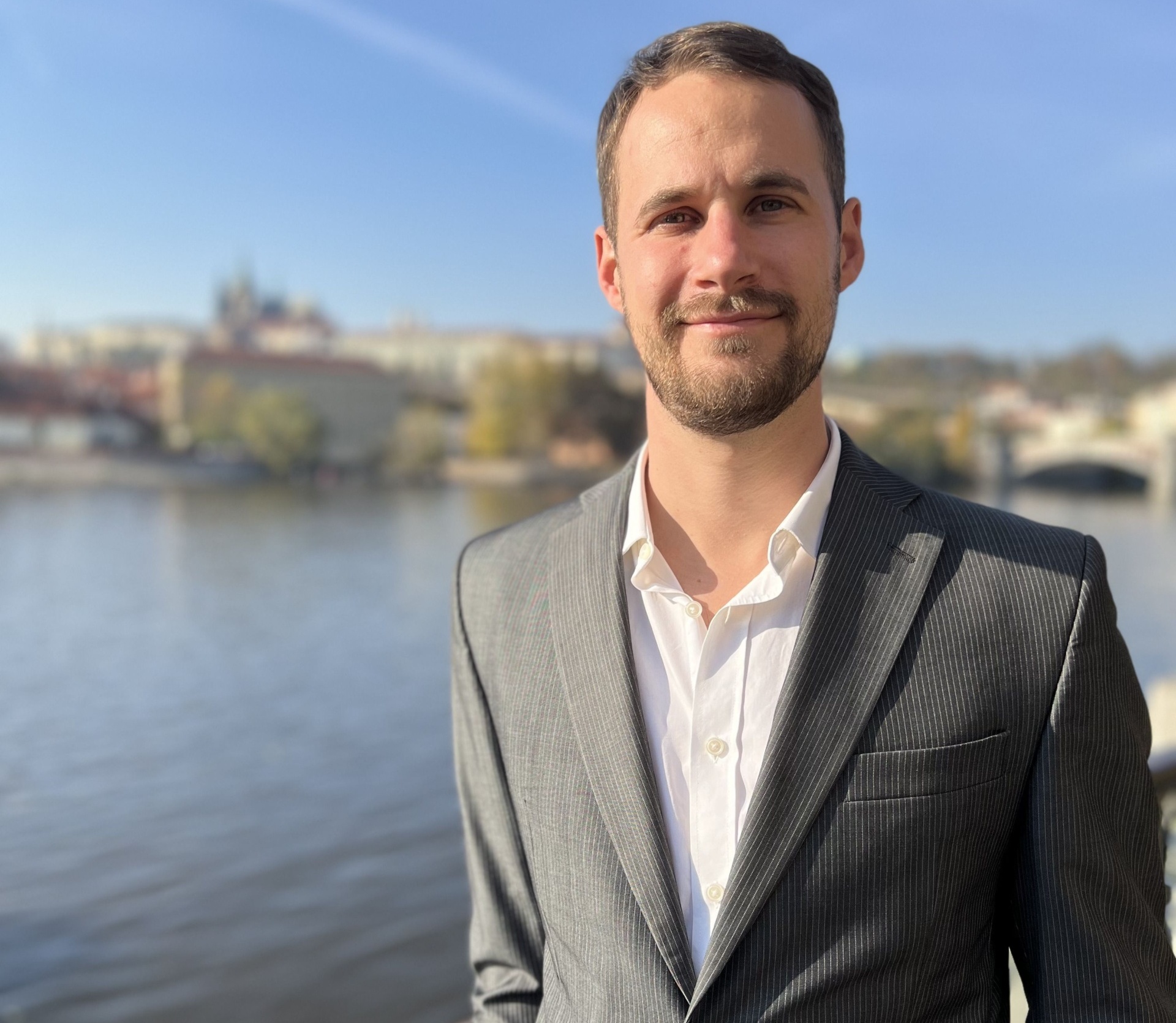Decarbonisation: How the Czech industry thinks about Sustainable Finance
by Karel Voldřich, GIZ/EUKI
Supporter of the ongoing EUKI project Sustainable Finance for Industry Decarbonisation is the International Sustainable Finance Centre (ISFC). We spoke with Karel Voldřich, Head of Industry Decarbonisation at ISFC, about the decarbonisation of the Czech heavy industry, their work as an NGO and the importance of networking.

What is ISFC currently working on?
Right now, as part of an EUKI funded project, we are organising two workshops on how to finance the decarbonisation of the heavy industry in the countries of the Visegrad Group. The first workshop was focused on green bonds and the second one will be focused on non-financial reporting or ESG [1] reporting. We want to summon policymakers and representatives from the financial and industrial sector. We are connecting these three parties to facilitate discussion and training in financial reporting.
The purpose of these events is actually not only to share information, but also to create opportunities to connect and network, because that’s one of the intentions and bigger goals of our projects. A platform to share knowledge and exchange best practices.
Now that’s exactly what EUKI stands for: networking and exchanging experience! Have you experienced any other EU funding program which supports this kind of networking?
All projects we work on entail a certain part of networking, but for the EUKI project, as it is designed, the convening part is probably the biggest. I think in the Czech Republic and in other Visegrad countries as well, what we are missing is not the technological development in the heavy industry, but the communication between parties and stakeholders involved in decarbonisation. Such as policy representatives, representatives of the heavy industry and, since it’s all about finding financial tools, of course staff from the financial sector.
“So, I do see improvement with this government compared to the previous one on sustainability topics and the transparency of communication, but I still feel like there is a lot of potential to improve.”
Karel Voldřich, Head of Industry Decarbonisation at ISFC
What is the final goal of your project and how do you approach it?
Our first goal is to build a financing roadmap suggesting potential tools for financing decarbonisation. Both public and private sectors are in control of these financial tools, yet they are rarely met with a realistic plan to progress. To decarbonise heavy industries, you need a vast amount of money. And that’s difficult to get. State subsidies and private fundings are limited, so you must be creative. The second goal is to create and sustain a central European platform for people to connect and exchange, with the aim to accelerate decarbonisation projects. The feedback we received from our workshop participants was very positive, which confirmed our hypothesis the platform is indeed missing, and they are very happy to participate.
The public opinion is that decarbonisation is too expensive and that there is no market for it. What is your answer to that?
I’m glad you’re asking that question. True is, it is expensive. It requires hundreds of millions or billions of Euros only in the Czech Republic, which is excessively large expense for industrial companies, as their margins are not that high. To say there is no market, and we cannot do it, my answer is: we have to! That’s the only way to become a sustainable region by 2050 and to achieve the net zero target. We must find a way. The heavy industry in the EU has to be extra ambitious, because if those facilities go bankrupt, then the carbon-intensive production will be outsourced to other regions without a progressive plan on decarbonisation and potentially even higher CO2 emissions.
The Czech Republic is an industry nation. How is the feedback from the Czech industry, are they seeking your expertise and consultancy?
The industry in the Czech Republic is a conservative sector, not used to working with NGOs or think tanks. It’s not a usual practice in the Central and Eastern Europe and difficult for them to put us into the right box, as we offer our help free of charge. We have to work hard to earn their trust. One way to facilitate the discussion between the sectors is through our CEE Sustainable Finance Summit, the biggest event of its kind in the region. But in fact, the heavy industry is more focused on decarbonisation, than people usually think. If you look at the Steel Makers Association or the Cement Association websites, decarbonisation and sustainability is about 80% of the content, it’s their primary focus. They have to be able to decarbonise their production, otherwise they will not live through the next decade. What’s important now is that we all have to work together and to be able to pull this off.
Thank you very much for the interview, Karel.
[1] Environment, Society, Governance
